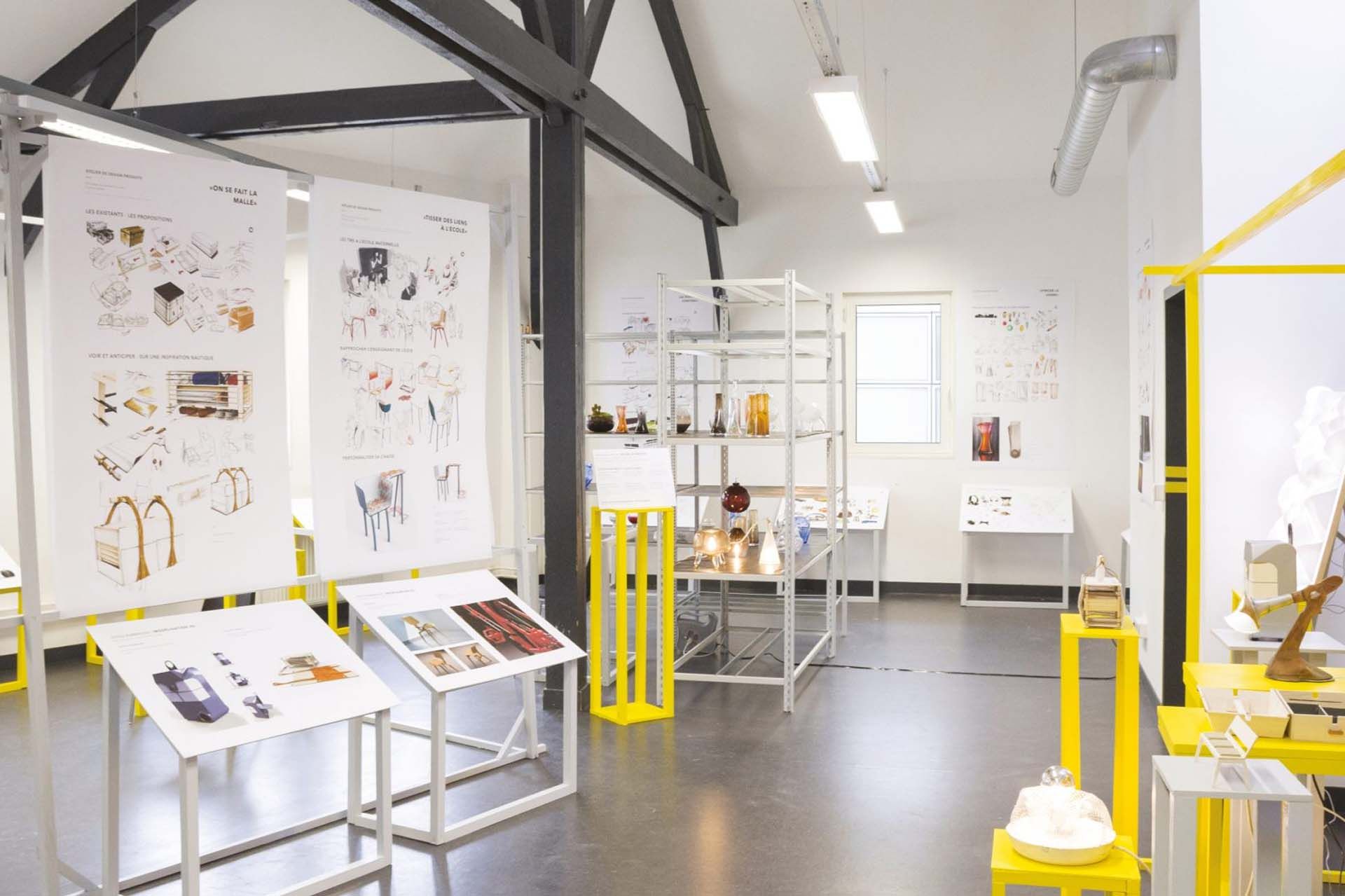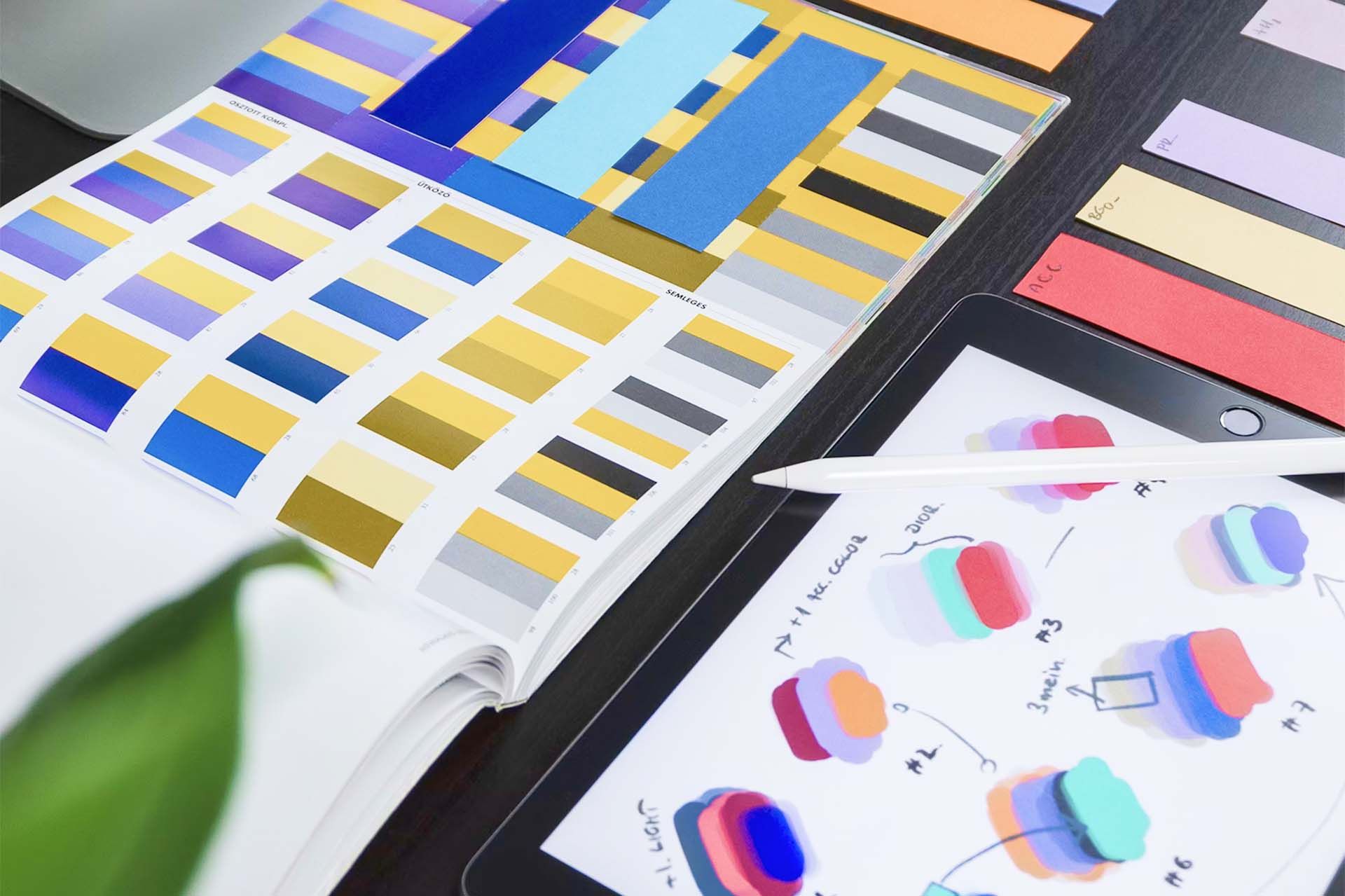Depuis le début de sa participation au programme Erasmus+, l’école reconnaît la période de mobilité passée à l’étranger, en prenant en compte les ECTS obtenus lors de la mobilité d’études ainsi que la reconnaissance du certificat de formation délivré pour le stage en entreprise. Les étudiants peuvent ainsi valoriser leur mobilité internationale dans leurs études et poursuivre leur cursus à leur retour.
Le système européen de transfert et d’accumulation de crédits, également connu sous le nom d’ECTS, est un système de mesure de l’apprentissage qui permet aux étudiants de montrer facilement ce qu’ils ont appris et les compétences qu’ils possèdent.
La valeur des crédits est basée sur la charge de travail de l’étudiant et sur les résultats de l’apprentissage. Les crédits reflètent la quantité de travail que les étudiants ont fourni pour apprendre le contenu et atteindre les objectifs du programme d’études.
- 1 crédit ECTS équivaut généralement à 25 à 30 heures de travail.
Exemple : un cours avec 6 crédits ECTS signifie que l’étudiant a travaillé entre 150 et 180 heures pour compléter le cours. Ces références numériques permettent aux étudiants de montrer plus facilement ce qu’ils savent déjà lorsqu’ils postulent à un programme d’études à l’étranger ou à un autre diplôme dans un établissement différent, ou lorsqu’ils postulent à un emploi.
- Licence (3 ans) = 180 ECTS
- Master (2 ans) = 120 ECTS
- 1 année = 60 ECTS
- 1 semestre = 30 ECTS
Pour plus d’informations sur le programme Erasmus+ :






